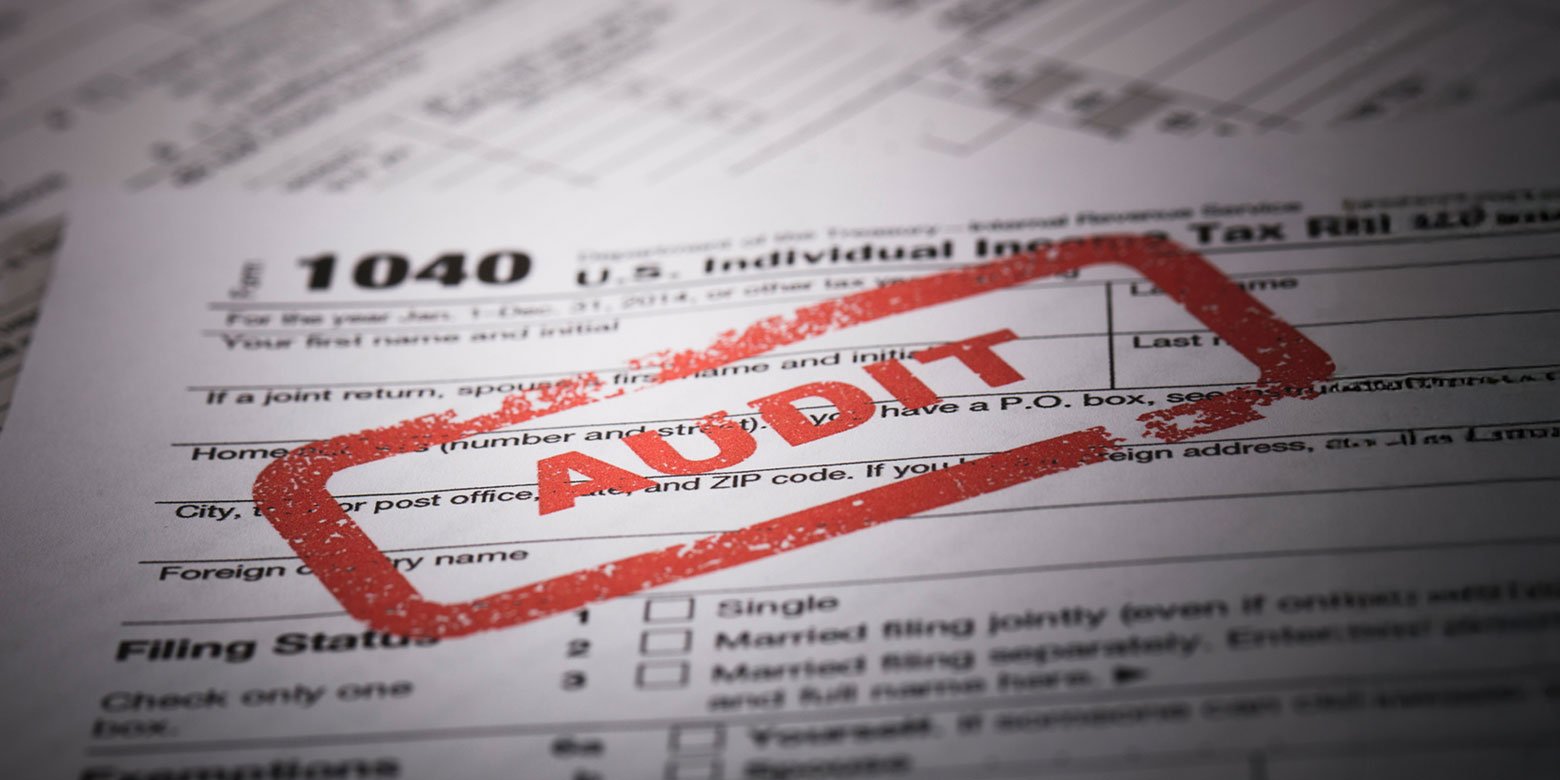If you’re trying to clear up storage space on your computer or make room in your filing cabinet, you might wonder… “Do I really need to hang on to 2010’s tax return?” Whether you keep paper documents, digital copies, or both, you might find yourself in the habit of holding onto every financial and tax document that comes your way—just in case.
But how long do you actually have to keep your old tax documents handy? Is it ever safe to just throw them away?
Let's explore the ins and outs of keeping tax documents, including the reasons why you might need them, what specific documents may be useful, and what the IRS recommends.
Why is it important to keep tax documents in the first place?
Hanging onto recent tax returns is generally a good idea, as you or a financial professional may need access to them in the future. For example, if you work with a new tax preparer or financial advisor, they’ll usually request at least the previous year’s tax return. Or, if you need to amend a return in the future, you’ll want to have access to the original year’s return.
Your tax documents may provide information that you’ll need in order to navigate other financial scenarios as well. Parents applying for federal student aid (via FASFA) will need to provide tax information for the year prior. If you’re a self-employed individual without a W-2, you may need to provide your previous year’s tax returns as proof of income when applying for loans like a mortgage, or when renting a home.
Business owners may find previous years’ tax returns helpful for keeping track of their growth trajectory year after year, including gross sales, expenses, and deductions. Previous returns can provide insight into the health of your business while helping owners predict next year’s income as you make business plans.
For those who may be required to make quarterly estimated payments, referencing the previous year’s taxes can be helpful as well.
But the big, important legal reason to keep tax paperwork?
The IRS always seems to have a say in your tax activity—even when it comes to keeping or disposing of old documents.
While holding onto your tax paperwork can help streamline the loan application process or analyze business growth, keeping prior-year tax documents is especially necessary in the event you’re ever audited.
No one ever assumes the IRS will single them out. However, the penalty for not having your document ducks in a row during an audit can include rejected deductions and credits (which means you’ll owe more), as well as additional penalties and interest. Better safe than sorry, even if you believe that an audit is extremely unlikely.
Generally, if you’re audited, the IRS will require copies of tax returns from the past three years.1 You’ll want to hold onto supporting documentation for the past three years as well, specifically any information pertaining to claimed tax credits and business deductions or losses. Basically, if you claimed it, you should be able to back up your claim with the necessary documentation.
The three-year limit isn’t a hard and fast rule, though. There are some instances where the statute of limitations on audits increases to six years, namely if you’ve failed to report over 25% of your gross income.
Holding period guidelines based on document type
While holding periods may vary depending on your situation, here’s a general guide for how long you should hold various tax documents.
Tax and income-related documents
You should keep all tax and income documents for at least the three-year potential audit period. These include:
- Tax returns
- W-2s
- 1099s from capital gains, dividends, self-employment earnings, or bank interest
- 1098s from mortgage interest deductions
- Additional supporting documentation for deductions and credits
- Receipts for charitable donations
Real estate-related documents
Generally speaking, it’s best to hold onto real estate-related documents for as long as you own the property. However, the total recommended time can vary depending on whether it’s your primary residence or an investment property.
If you claim depreciation on a rental property, you’ll need records to accurately calculate the depreciation and support the deduction in case of an audit. Or if you’re selling a home, keeping track of what you originally paid for it and any improvements made enables you to better predict your potential capital gains tax liability.
Possible real estate documents include:
- Documents relating to buying the home
- Property tax assessments
- Rental income and lease agreements
- Mortgage documents, including your settlement statement
- Receipts for home improvements
- Depreciation records
401(k), IRA, and other retirement or tax-advantaged account documents
If you receive ongoing quarterly or monthly statements for your retirement accounts, it’s not usually necessary to hang onto them for any meaningful amount of time. You can typically download statements and check your progress from an online portal anytime.
However, things change once you begin withdrawing. Since you’ll need to report any withdrawals to the IRS, keep documents relating to the withdrawals for at least three years:
- Supporting documentation for distributions from 529s, health savings accounts, or retirement accounts
- Supporting documentation for tax-deductible contributions to a retirement savings account, such as a traditional or Roth IRA
- Proof of exception documentation for early withdrawals, such as first-time homebuyers or qualified education expenses
- Rollover documentation
Documents relating to stocks, bonds, and funds
Similar to 401(k)s and IRAs, it’s typically not necessary to keep your monthly statements for an extended period of time because, in most cases, you can view your progress and download statements online.
But once activity begins that affects your taxes—like selling and realizing capital gains—you’ll need to report it on your tax return. You’ll want to keep documents relating to taxable events for at least the three-year typical audit period:
- Supporting documentation for any sales, capital gains, and interest income
- Trade confirmations
- Original purchase information if receiving securities as a gift or inheritance
What about state tax returns?
In terms of storing or dumping old state tax returns, the recommended hold time varies. Some states may request older tax returns than the federal three-year standard in the event of an audit. California, for example, has a four-year statute of limitations on state tax assessments.2
For the majority of tax situations, three years is the minimum guideline. However, since state tax laws and audit requirements vary and can also differ depending on your situation, check your state’s rules before tossing old documents.
Can you throw away tax documents?
Yes, we believe you can throw away tax documents when the proper amount of time has passed. However, keep in mind that these documents have some of your most sensitive information on them—date of birth, address, Social Security number, bank account information, and so on. Dispose of them carefully.
Consider shredding physical documents (even burning them carefully works too). Some office buildings, local government offices, and CPA firms offer free shred events. Check out local bulletins or municipal websites to see if there are any upcoming events.
Keep your tax documents organized
While you don’t need to keep your tax documents forever, you shouldn’t toss them immediately after tax season, either. The IRS recommends keeping your tax returns for up to three years, but remember that your tax returns aren’t the only records to save. Hold onto all supporting documentation—you’ll thank yourself later if the IRS ever comes knocking.

Like what you're reading?
Join the thousands of readers getting stories like this delivered straight to their inbox every Thursday — for free. Give it a spin, enter your email to sign up.
Sources:
1 “IRS audits.” IRS. July 15, 2025. Accessed August 28, 2025.
2 “Your Tax Audit.” State of California Franchise Tax Board. December 14, 2023. Accessed August 28, 2025.
Related Articles

Take Advantage of These 7 Above-the-Line Deductions in 2025 and Beyond
President Trump signed the One Big Beautiful Bill Act (OBBBA) over the summer of 2025, and it...

Should You Donate to Charity for the Tax Benefits?
Search the term “charitable giving” online, and you’ll come across hundreds (probably thousands) of...

Planning for a High-Income Retirement? Don’t Get Blindsided by This Surprise Tax
As you’re probably aware, creating a comfortable retirement isn’t necessarily just about how much...
